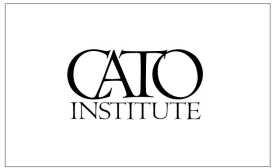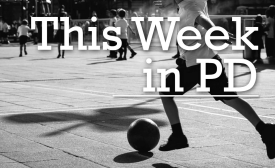human rights
In an effort to broaden international understanding of the contemporary Native art experience, the Institute of American Indian Arts recently collaborated with the U.S. Department of State’s Office of Art in Embassies to produce a limited edition print series showcasing the art of IAIA alumni.
In its trumpeting of Britain’s global “soft power” influence, the government’s Strategic Defence and Security Review (SDSR) unveiled on Monday contains a glaring contradiction. [...] Twenty pages on, the document says the UK will continue to work with close allies, including “vital partners, such as Saudi Arabia, in the Middle East”.
The use of diplomacy in general and, in particular, to help create a global anti-terror coalition does not need to be demonstrated. Face-to-face diplomacy, at all levels, but above all in the Arab world, where personal relationships are culturally important is much less expensive than security operations, not to speak about the military ones, and it may substantially contribute to improve anti-terror cooperation.
In Southeast Asia, President Barack Obama has taken a softer tone on human rights and corruption in a part of the world that rights groups claim is rife with abuses.

They are part of Myanmar’s My Friend campaign, started by human rights activists this summer. The organizers want people to post selfies of themselves with friends from different religious or ethnic backgrounds, using the hashtag #myfriend of #friendshiphasnoboundaries.

A look at the myriad powers of sports diplomacy within the global arena.
“This will be the start of a relationship based on culture, diplomacy, and revolution. We hope to serve as an international example,” Talebzadeh explained, noting that the treatment of African Americans at the hands of police is important to Iran’s Supreme Leader Ali Khamenei. [...] Talebzadeh labeled the conference the “beginning of a cultural revolution and resistance and an international model for public diplomacy.”







